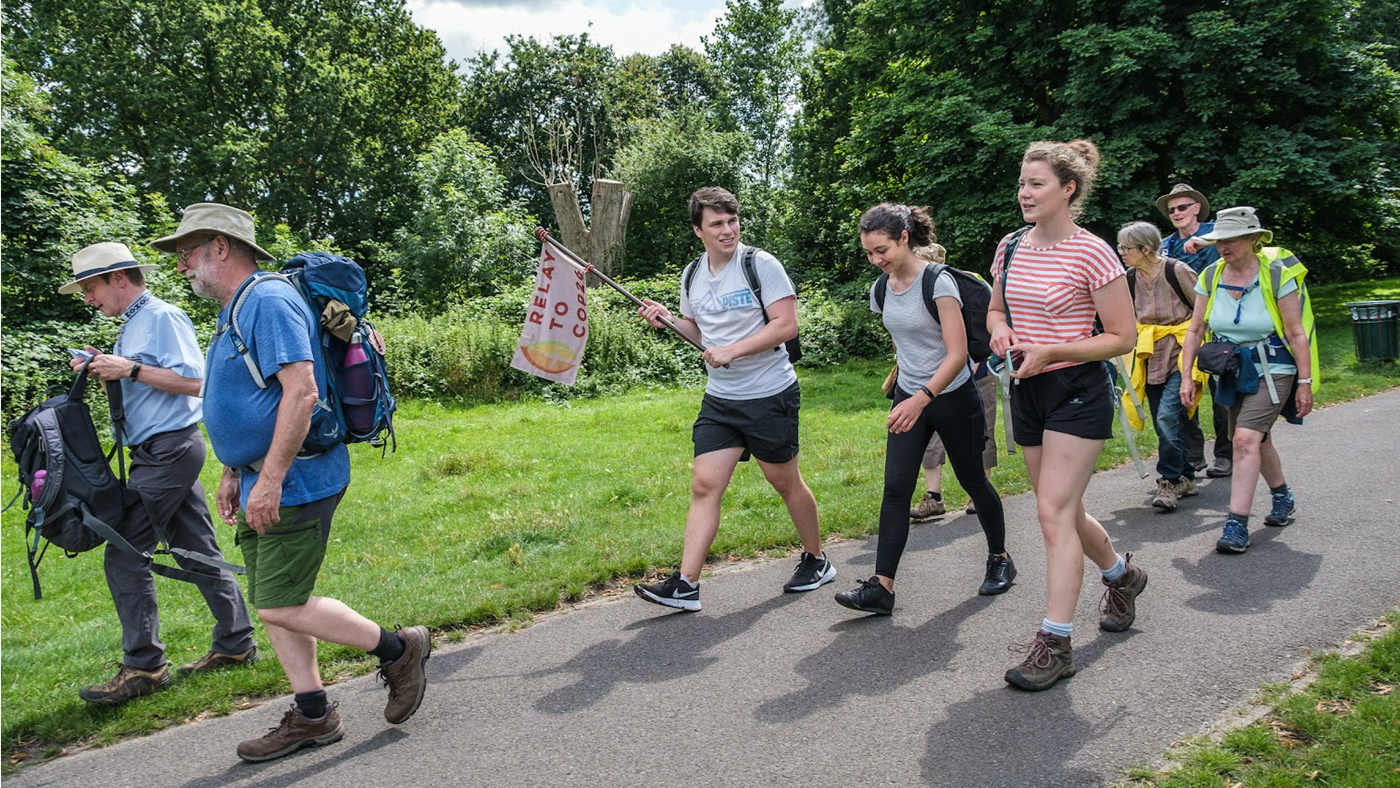From November 10-21, international representatives will gather in Belém, Brazil--in the heart of the Amazon rainforest--for the COP30 climate summit.
Billed as a critical event to assess progress on the Paris Agreement, evaluate national climate plans and discuss the Amazon's sustainability, the event not only highlights the region's biodiversity and challenges but reminds us that the hot spots of climate change are often far from familiar institutions and global centers.
In the Arctic, melting ice reshapes both landscapes and livelihoods, raising questions of survival and meaning. On low-lying islands in the Pacific, rising seas threaten ancestral graves and sacred sites, forcing communities to reimagine their relationship with place, identity and faith. In the Amazon, where Catholic priests bless river communities and Indigenousvoices advocate resilience, religion is emerging as a frontline voice against the bleeding edges of climate change. And when extreme weather events — from heat waves to hurricanes — leave devastation in their wake, faith groups are on the front lines of responding and rebuilding.
Religion is shaped by these changes, even as it shapes the way individuals and communities react. It is woven into the ways people understand loss, cultivate resilience, cope or hold onto hope at the planet’s margins.
For journalists, covering religion in these contexts means widening the lens. The story isn’t only about policy debates or institutional statements; it’s about how belief is lived at the edges: in prayers for safe hunting grounds, rituals for vanishing coastlines and ceremonies that reinterpret tradition in the face of upheaval.
By telling these stories with nuance, journalists can illuminate how climate change is not only an environmental crisis but a spiritual one — reshaping the meaning of place, community and religion itself.
As COP30 approaches, this edition of ReligionLink offers into religion and climate change in the extremes.





